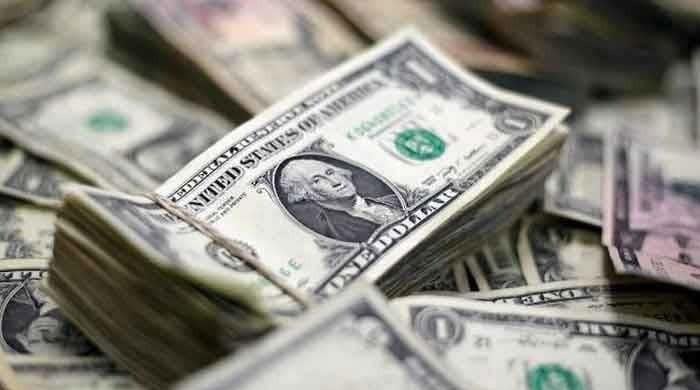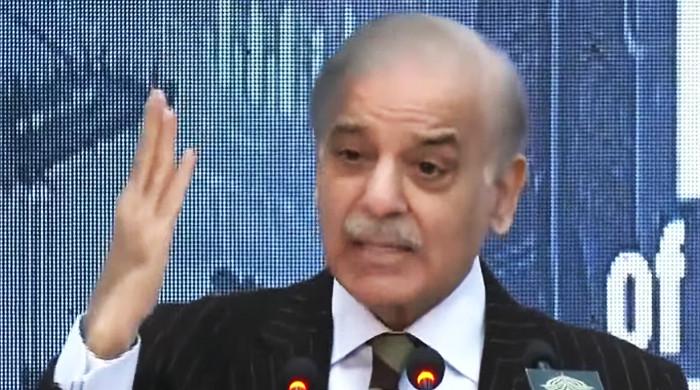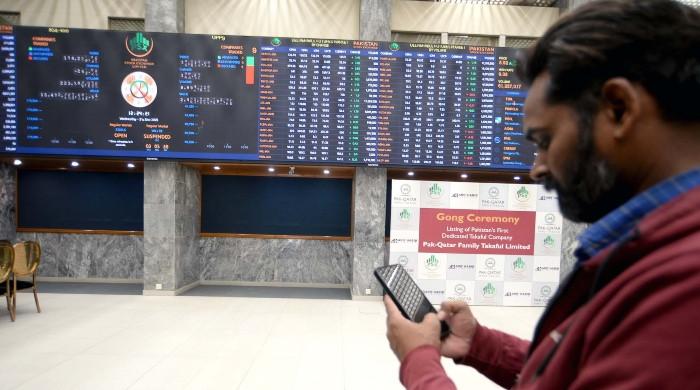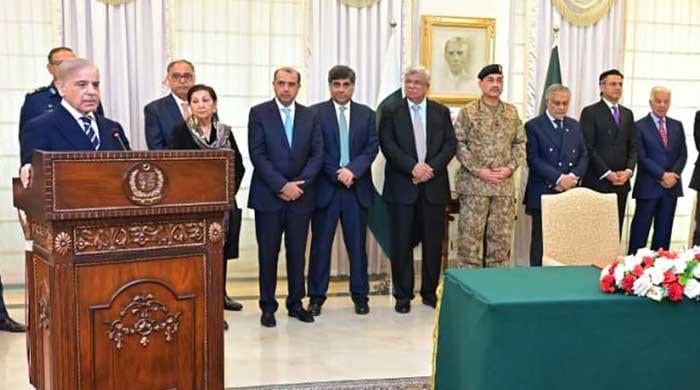Cabinet backs draft law granting SBP autonomy: Hafeez Shaikh
SBP will be made accountable to the parliament, says Hafeez Shaikh
March 10, 2021
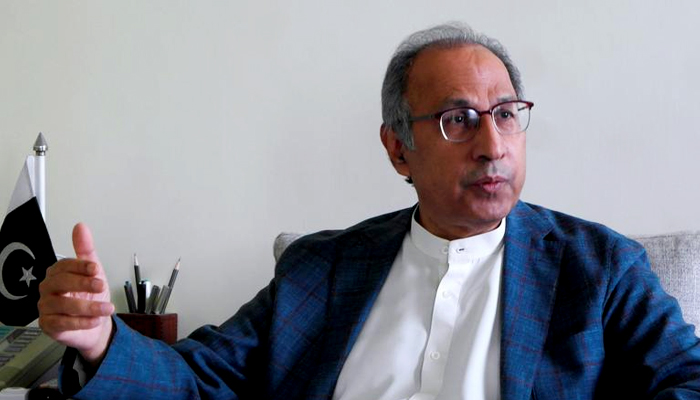
- SBP will be made accountable to the parliament, says Hafeez Shaikh.
- The draft will need parliamentary approval to become law.
- It abolishes SBP's monetary and fiscal policy coordination board.
ISLAMABAD: The federal cabinet on Tuesday approved amendments to a law allowing the State Bank of Pakistan to operate independently of government, the premier's finance adviser said.
The decision follows an announcement by the International Monetary Fund last month that it will resume a $6 billion rescue package that had been suspended for over one year.
Analysts say a free exchange rate regime and the granting of central bank autonomy have been the main features of structural reforms agreed with the IMF.
"The law is to seek more autonomy for the state bank," the finance adviser, Abdul Hafeez Shaikh, said in a video recorded statement issued by the finance ministry.
"They will take decisions on their monetary policy and exchange rate in an independent environment without intervention from the government," he said of the central bank, whose policies have always been subject to government influence.
The proposed draft, which will need parliamentary approval to become law, also gives a five-year tenure to the central bank governor to ensure a continuation of policies.
The law will abolish the monetary and fiscal policy coordination board of the central bank, and the bank will be made "accountable" to parliament, Shaikh said.
The IMF and Pakistan reached a staff-level agreement in February to release around $500 million as part of the $6 billion rescue package approved in 2019.
An IMF board approval is still pending to release the money.
Pakistan has also received $1.4 billion from the IMF's Rapid Financing Instrument in separate, emergency funding to help it fill a funding gap stemming from the coronavirus pandemic.
IMF has projected economic growth of 1.5% for Pakistan in fiscal 2020/21.




